Do you know how important the hunting plan is? What information should be on a hunting plan?
A well-thought-out setup and hunting plan are the souls of a safe hunting trip. But before gathering stuff, you need to know how to make a hunting plan.
For this, you need to know some key factors that should be included in your hunting plan, such as where and with whom you will go hunting, when you return, your location, directions, and alternate moves if any problem occurs.
Why Do You Need a Hunting Plan?
Time and Effort Are the Core Things to Master in Hunting
The well-considered hunting plan is like your rifle when you are going out in the woods for hunting. A hunting plan acts as a guideline that contains information necessary for a successful hunting tour, while safety is a top priority in this list.
Not planning things through in advance could cost you your life, result in missing out on some of the critical situations, and might land you in situations where you cannot control things around you.
What Are the Reasons for Making A Hunting Plan?
A hunting plan is necessary for many reasons. It also allows you to set specific targets and objectives for your hunt, such as hunting a particular game or exploring new territory. Also, a practical hunting approach enables the prediction of potential issues and the creation of strategies to deal with these problems.
In addition, the implementation of an approach improves security by providing you with the required resources to handle situations efficiently.
Do You Need to Stick to the Hunting Plan?
Should you just keep going until you get to go hunting? The situation can happen unexpectedly because mother nature is unpredictable. Strategy is important, but the ability to stick to a plan is just also important. Instead of imposing rules, think of your policy more as a system of rigidity and coercion. With flexibility and an open mind, you can adapt to any situation. As exciting as the hunt is, it’s all about adventure and making memories along the way.
There are several other characteristics to focus on while planning for hunting.
- Safe Experience: A well-crafted hunting plan reduces the risks of any unexpected situation and increases safety precautions. It helps you avoid injuries and other hazards that could appear in the woods.
- Maximize Efficiency: The right plan allows you to organize the sources that you need at the time of your trip and time efficiently, increasing your possibilities of a successful hunt.
- Stay Organized: Keeping in tune with each pinch of information together with area, searching policies, and tool wishes prevents you from any confusion and improves your overall mechanism.
- Improve Success Rate: A thoughtfully developed plan complements your looking skills and boosts your odds of reaching your favored outcomes.
- Communicate Effectively: Leaving a detailed hunting plan with friends or your own family guarantees that others recognize your intended routes and timelines, keeping in mind higher coordination and help.
- Respect Wildlife Habitat: Following a plan promotes environmental responsibility and minimizes damage to ecosystems.
What Information Should Be On A Hunting Plan?
1. Your Route and Destination
Before you travel, decide where you will hunt and set your hunting plan according to it. Learn about the terrain and recollect information, including peaks, plants, and water assets that would favor you in case. Having records about your destination ensures you navigate your recreation correctly and maximize your possibilities.
2. Hunting Partners
From a person’s hunt to hunting with a group, it’s far more critical to have coordination and contact with your hunting partners. Try having communication and contact informing each other about the move within the hunt. It is a good approach while thinking about how to make a hunting plan to make the best ends in more secure travels. However, it also provides flavor to the overall travel enjoyment.
3. Time Schedule
Setting clear timelines for your hunting trip, such as dates, departure and return times. Consider elements that include daylight, climate situations, and travel time to make sure you allocate enough time on your tour. Adhering to an agenda facilitates your life organization and prevents needless delays.
4. Hunting Objectives and Goals
Define your targets and aims before venturing to your trip. Whether you’re focused on a particular recreation species or really in search of adventure, clarity of cause courses your moves, and decision-making throughout the hunt will help you achieve your goal. Be practical in your expectancies and have a good time both succeeding and studying reviews along the way.
5. Hunting and Safety Equipment Checklist
Prepare a whole checklist of essential gear and gear wanted for your hunt. This consists of firearms, ammunition, binoculars, navigation gear, first aid components, and emergency provisions. Check your gear thoroughly before departure to make sure the entirety is in going-for-walks order and efficiently packed.
6. Necessary Documentation
Remember to hold any of the required licenses, tags, and lets in for searching in your chosen place. Failure to personalize the essential documentation can bring about felony repercussions and ruin your search. Keep your paperwork organized and without trouble accessible to avoid any final-minute hassles.
7. Emergency Plan
No hunting plan is complete without a proper strategy for emergencies. Teach yourself emergency strategies, along with communication protocols, clinical response, and evacuation routes. Having a plan in place minimizes panic and ensures a rapid and effective response to unexpected situations.
8. Details for Safety
In case of any emergency, providing the correct facts to authorities can help you significantly. Make an account of relevant details that include your vicinity, situations, and any specific dangers or barriers within the region. This data lets rescuers find and assist you more correctly and shop lives.
How To Stay Focused While Hunting
Once you have made a comprehensive hunting plan, it is time to prepare for the hunting seasons. Here are some tips to help you stay focused at some point in your hunt:
- Preparation: Ensure that you are physically and mentally prepared by getting adequate rest and exercise before cross-country hunting.
- Make yourself comfortable: Dress appropriately and find a relaxing view of your kill. Being cushy allows you to be more focused.
- Eat Well: Bring healthy food to stay energized.
- Take it step by step: Break your hunt into smaller responsibilities so that it seems more obvious and less stressful.
- Treat yourself: Give yourself a small reward or break to keep your spirits up and motivated.
- Think positively: Think positively to dispel negative thoughts and live a hopeful life.
- Accept challenges: Accept challenges from time to time. However, it is considered a threat.
- Learn from mistakes: If things don’t go as expected, don’t worry; just keep those mistakes in mind and avoid them in the next step.
- Stay in the moment: Don’t be afraid of what’s already coming or what might show up next—know what’s happening now.
Conclusion
A good hunting plan is almost essential for a safe and enjoyable hunt. Why? Since it makes it easier for you to plan a hunt, when preparing for your next hunting trip, make sure you are prepared.
Now you should know what information should be on a hunting plan. Follow those tips to stay focused and maximize your time outdoors. Happy hunting!


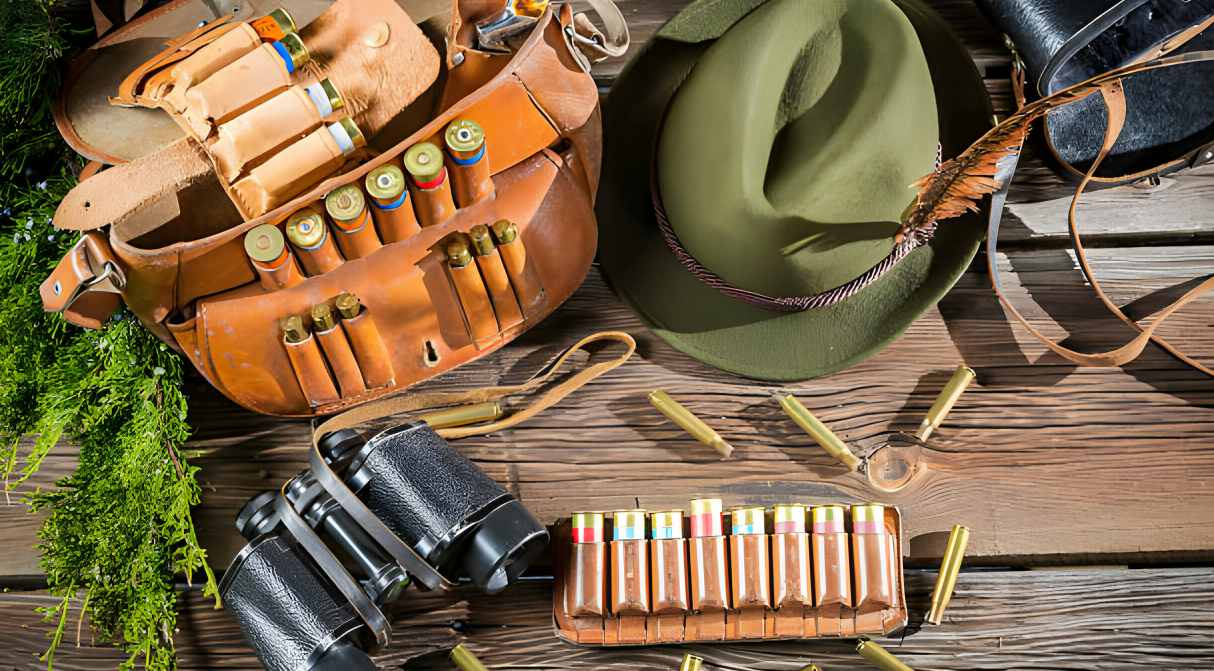


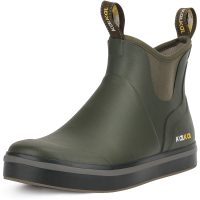


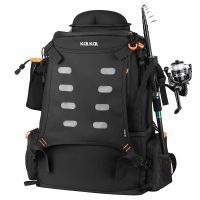





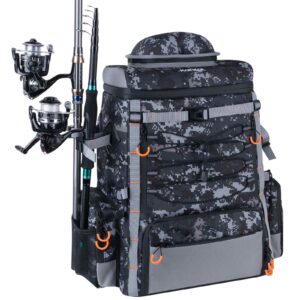
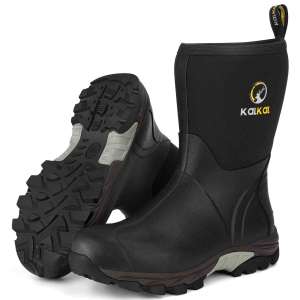


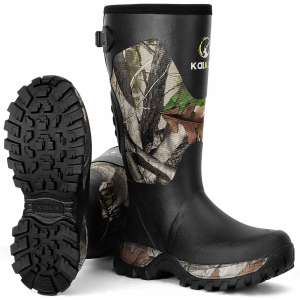


Leave a reply